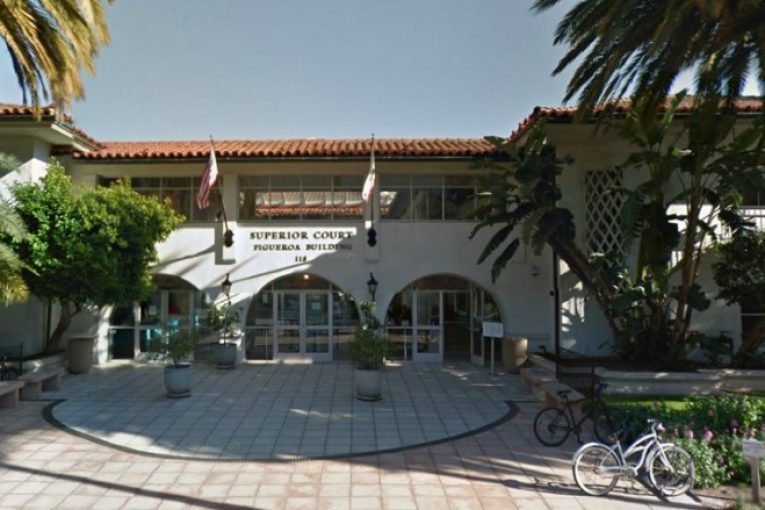
 By Sonam Hundal
By Sonam Hundal
SANTA BARBARA, CA—Ivan Perez’s case, which involved marijuana-related offenses, was on the docket here in the Santa Barbara County Superior Courthouse this week—Perez, his young child, and the mother of his child were all present in the courtroom.
According to his attorney, Perez had completed all of the terms of his probation—well, kind of—as his no-contact order had ended, and his 90-day sentence was even vacated due to his progress. It was also brought to the court’s attention that Perez was his child’s primary caretaker while the mother was at work.
However, things took a turn when Perez’s attorney claimed Perez tried to get a drug test, which was part of his previous probation deal, but was denied testing upon his arrival. He claimed that his client had not been using the substance any longer.
But that was not good enough for Judge Brian Hill.
Despite the fact that, according to his attorney, “[Perez] did everything he could” in order to meet the needs of his probation, Judge Hill stood firm in his decision that Perez did indeed violate his probation by not getting the required drug tests.
Judge Hill then recommended that the next time Perez goes to get a drug test that he should “stop by Big 5 [to] get a sleeping bag” and “camp out” if he must. He went on to say that Perez “should not come back to court and find out what happens,” suggesting the defendant would not be met with the relative leniency he was granted this day.
Hill said he felt personally responsible for the defendant’s misunderstanding of his parole requirements despite their previous conversation, which the judge felt was rather detailed and clear. “I thought we were on the same page, but that is my fault,” Judge Hill stated.
If Perez fails to get his drug test yet again and also doesn’t end up signing up for a program that is required by the terms of his probation, Judge Hill told Perez to simply turn himself in to the police “because if (he comes back) he will just be remanded (into custody).”


